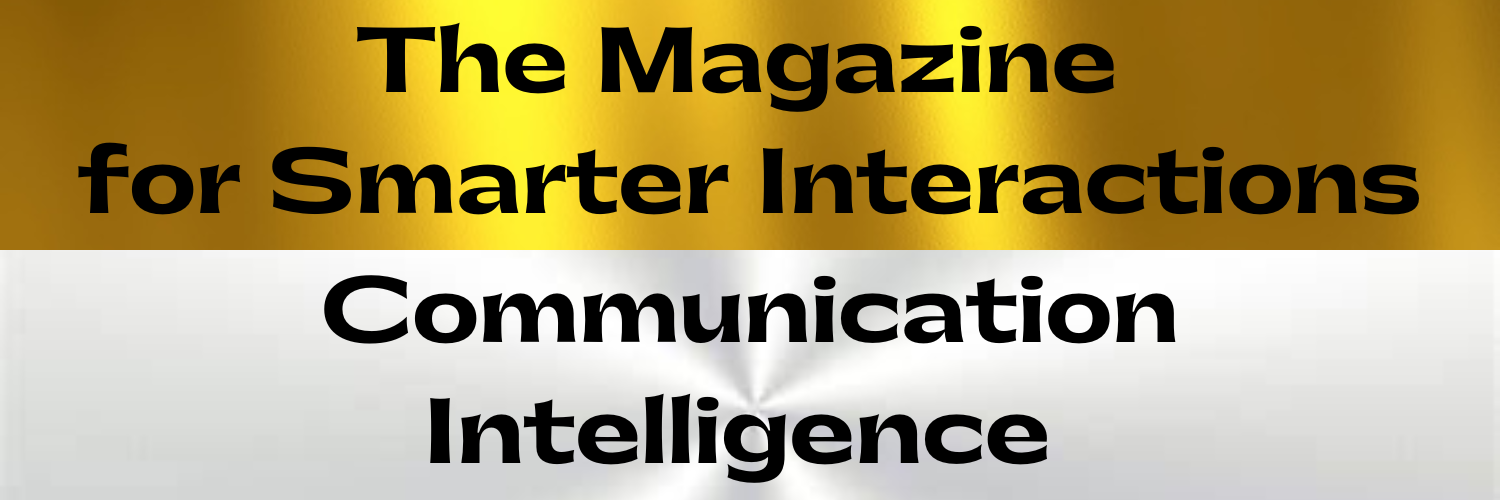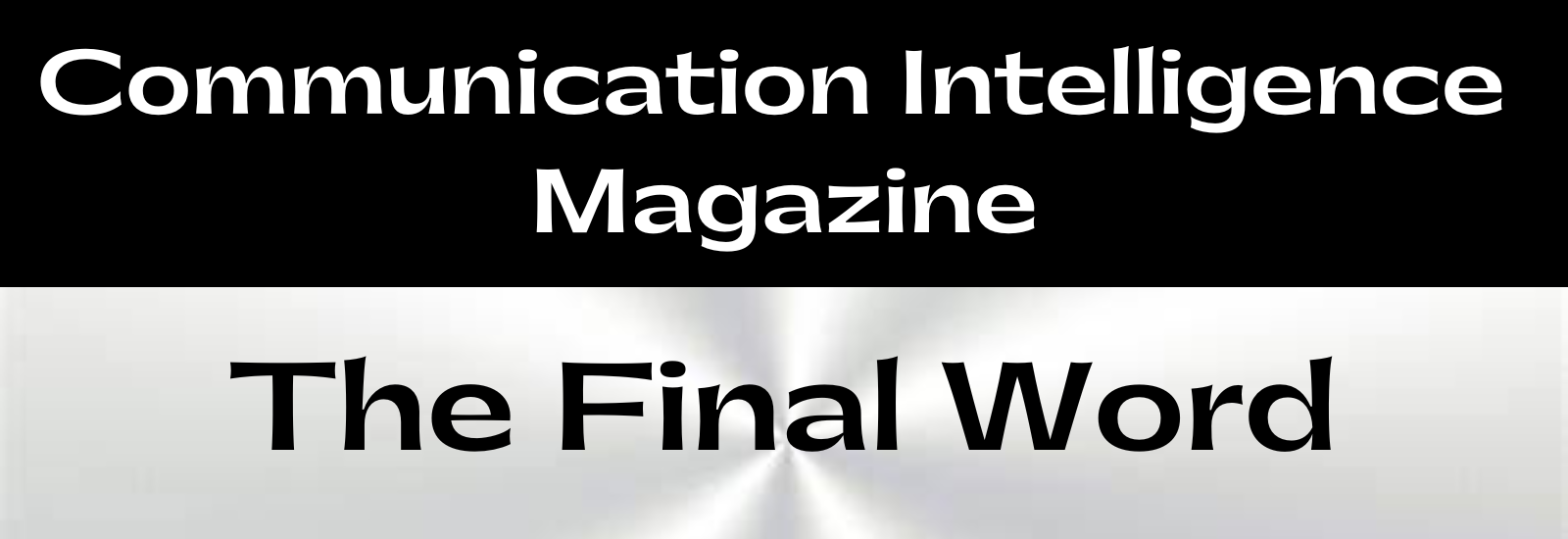‘Trash Talking’ Behavior Creates Competitive Motivation and Costly Behaviors
Carl Nassar
Trash talking in organizations requires attention and modification. That professional, ethical response, investigation, analysis and subsequent course correction however is rare.
It’s an error in decision-making and wisdom when this neglect occurs.
“When we surveyed office employees at Fortune 500 companies, we found that 57% of the employees reported that trash-talking occurs on a monthly basis,” write Jeremy A. Yip. an assistant professor of management at Georgetown University’s McDonough School of Business and a visiting scholar at the University of Pennsylvania’s Wharton School and colleague Maurice Schweitzer, the Cecilia Yen Koo Professor at the Wharton School and co-author of “Friend & Foe.”
“Trash-talking is competitive incivility,” they declared. “We define it as boastful comments about the self or insulting comments about an opponent that are delivered by a competitor before or during competition.”
The behavior leads to a change in how co-workers view each other.
“Whereas we might naturally see each other as mere competitors, when we start trash-talking each other, we come to see each other as rivals,” Yip and Schweitzer write.
Interestingly enough, they found that “trash-talking boosted motivation and productivity. Specifically, targets of trash-talking worked harder and accomplished far more in a competition — even when they worked for the same economic stakes.”
That doesn’t mean problems aren’t also taking place.
“Because trash-talking boosts motivation and the drive to defeat an opponent, it can also promote the use of unethical behavior,” Yip and Schweitzer communicate.
“We found that when individuals were paired with trash-talking opponents instead of neutral opponents, they were almost twice as likely to cheat on a performance task involving unscrambling anagrams. Competitors become so focused on winning that they become more likely to cut corners on their path to victory.”
Additionally problematic, research “found that trash-talking undermines creativity,” because “Individuals who are targets of trash-talking are highly motivated but they are also distracted.”
Considering the benefits and risks, how should leaders interpret the existence and intensity of “trash talking” in their organizations?
“Let’s try a simple experiment together, you and I,” says Carl Nassar, Ph.D. and CEO at The Great Culture Lab. “You play the role of a business executive, and I’ll play the role of a psychometrist — a mental health professional administering a test.
“What happens inside you when the first thing I say to you, as an expert in the field of psychology, is, ‘I’m telling you that the way you’re running your business is total crap!’
“Now, let’s try this again. What happens when, instead, the first thing I say to you is, ‘You are one of the most creative people I know and I have complete faith in you and how you run your business.’”
He explains the difference in behavior and what often results from each.
“The first comment, a trash-talking comment, is an example of a shaming transaction,” Nassar says. “We in the field of psychology know that most people’s first response to a shaming transaction is compliance — ‘I wonder what I did wrong that made him think the way I’m running my business is crap?’ But that’s quickly followed by a self-righteous response, ‘Who does he think he is to talk to me that way? I’ll show him.’”
The latter might produce the intended reaction yet it might not be as beneficial as we just learned.
“This self-righteous response creates a burst of motivation and energy but, the motivation and the energy are short-lived,” Nassar says, adding that, “Making matters worse, if you act in the brief time when you have this burst of energy, your actions will lack in creativity. Your actions will be all about proving me wrong, not about demonstrating the best of who you are.”
He does mention a smarter communication approach.
“Now, when you’re offered a caring transaction, like the one I gave you in my second quote, something very different happens: You’re likely to believe in yourself because I told you I believe in you, Nassar says.
“This frees you to take risks that let your best creative self shine through.”


